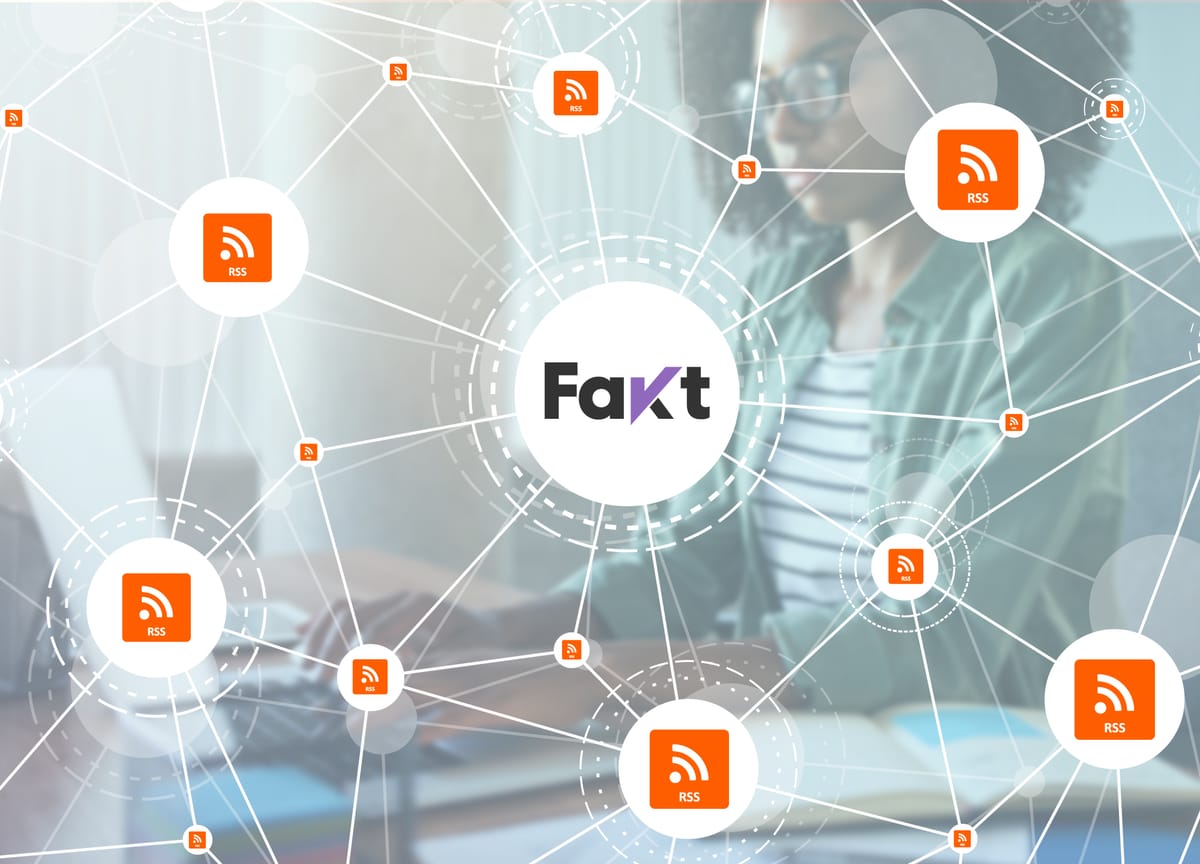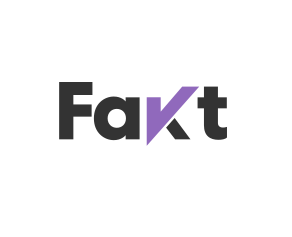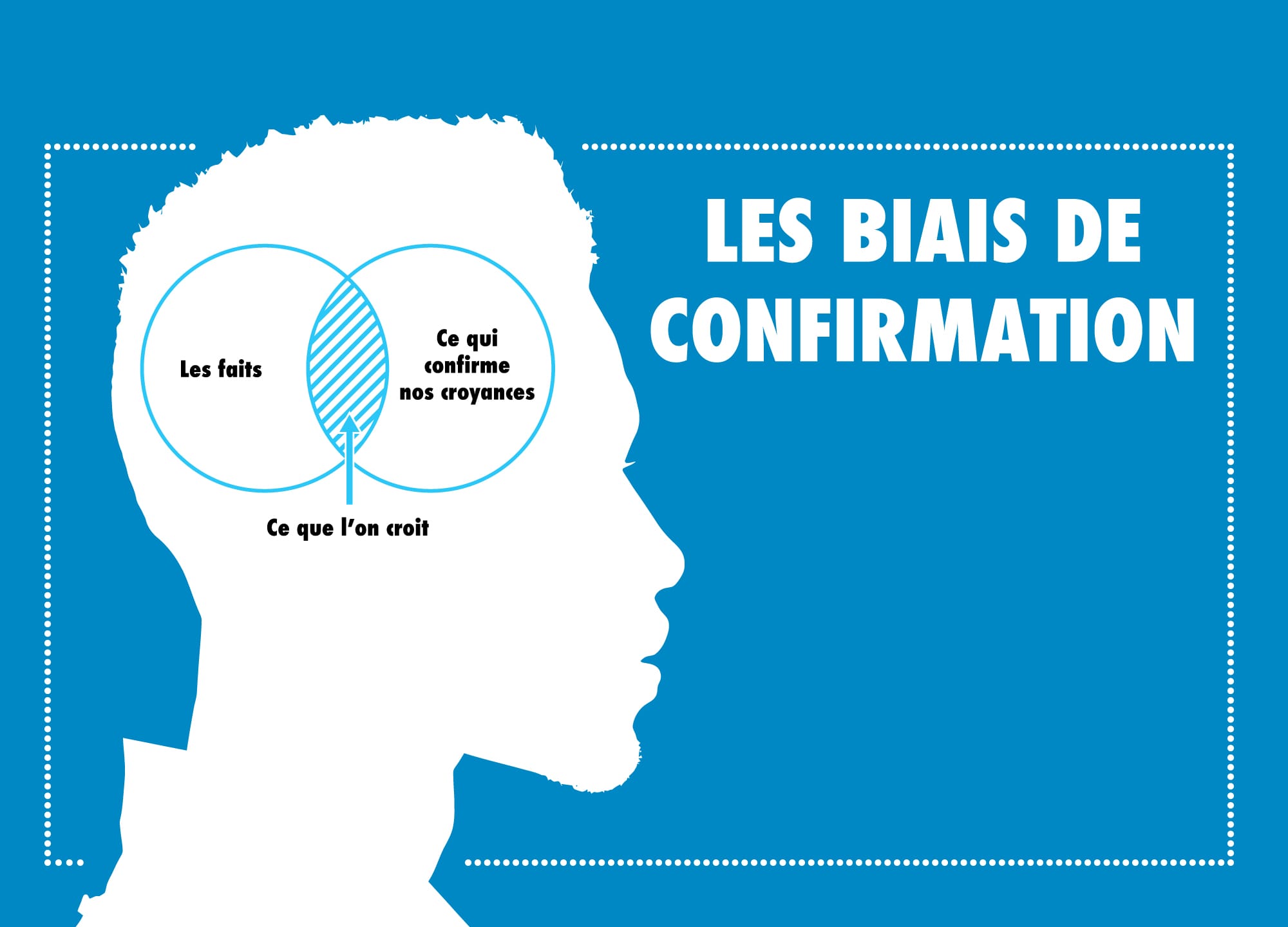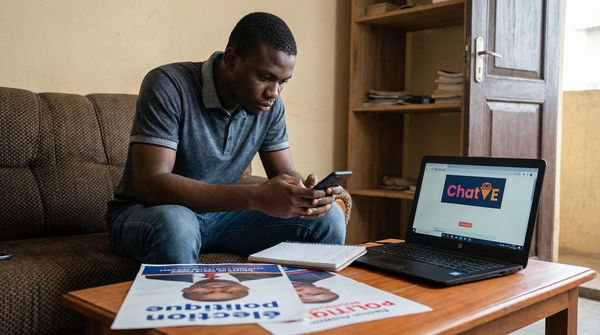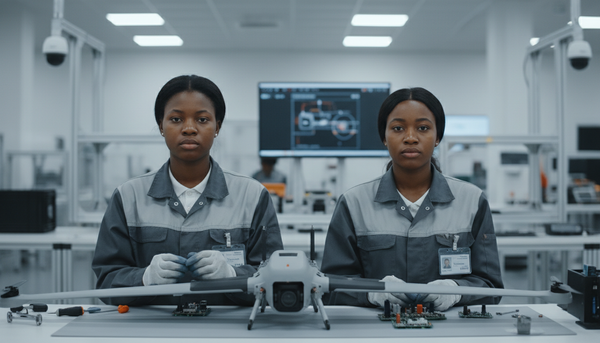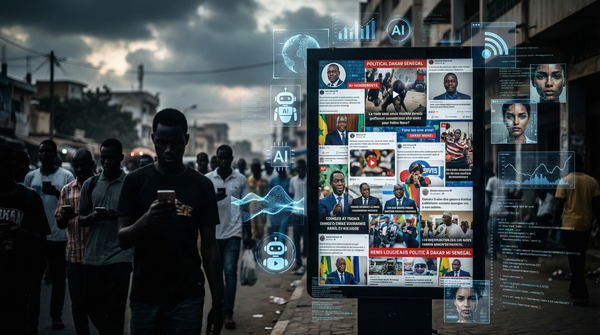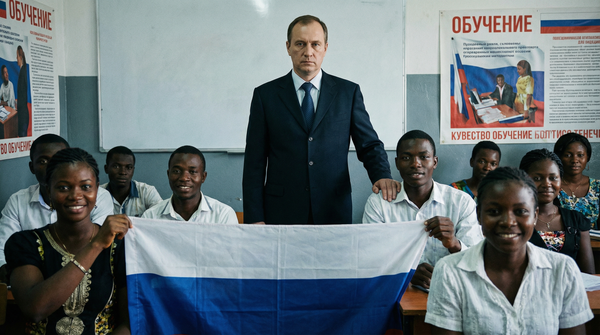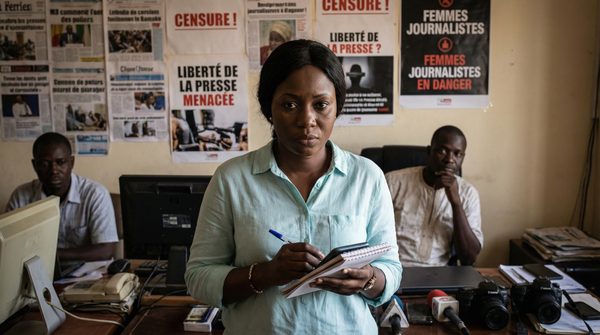He confirms in convictions and maintains the person, who will not seek beyond what will support his beliefs, in an "informational comfort zone". The guided person in this way can be the subject of "a false impression of objectivity", sometimes so much that the demonstration, evidence in support, that the received idea is false, will not change their opinion. It may be more easily influenced and manipulated, and therefore more easily exposed to disinformation. It often happens that the creation of erroneous information is based on confirmation biases, on the inexpressible beliefs and certainties of citizens about a subject, even when they are false.
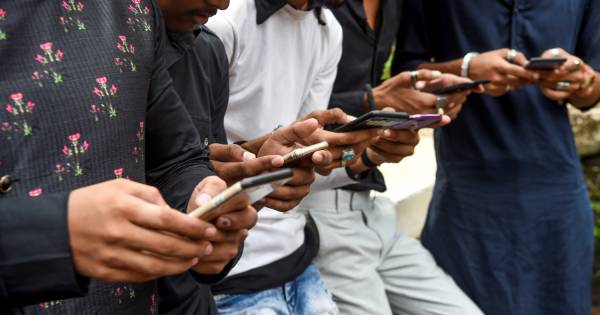
Disinformation is based on the dissemination of falsified or biased facts. Those who use the confirmation bias will take these facts for real as long as their opinion approaches it. Without questioning them, and by carrying out research that will only support their convictions, they will facilitate this propagation with their certainties. This can cause disastrous consequences. To cite an example, presidential campaigns, as in Kenya, Nigeria, and in several countries on the continent, are very regularly accompanied by disinformation. They mainly go through social networks, channels very easily accessible to information, true and false. People who establish false information in order to disrupt the elections regularly use confirmation.
Where the confirmation bias can be very dangerous
One of the dangers related to disinformation faced by Internet users comes from the algorithms used by social networks . They establish certain parts of the user profile by recording the searches, and the activities carried out on the net. In fact, they offer oriented content which will eclipse the most distant links, contradictory options, and which will promote data that are likely to go in the direction of their ideas, and therefore to consolidate them in their certainties. Reflection and judgment will be biased. In the case of presidential elections, the maintenance of received ideas about polls, candidates' speeches or a number of votes that will prove to be completely distorted are all factors that can cause serious repercussions on the balance and stability of society.
The health plan is another concrete example for which confirmation bias can become dangerous: information acquired mainly as real on a potential disease present in a commodity, intended for humanitarian aid, can cause a real food disaster if it is completely or partly false. It will deprive the population of support and a stock of precious food, because of a fear which, too anchored in certainties, has not been verified, which remained in the comfort of the confirmation bias.
The means of combating confirmation
In the same way as the fight against disinformation, fact-checking and one of the most effective methods to counter the consequences of confirmation . It is important to doubt information received, especially at the heart of certain contexts, such as politics, medical, the security situation, sensational events. Information perceived as true and repeated for a long time can be difficult to question. However, it is necessary to carry out in -depth research, which will corroborate but also contradict the information, check the basis, the origin and the context of this information. You have to cross the maximum of reliable sources.

It is also possible to have distorted information checked through confirmation thanks to the various tools to verify the facts implemented by the multiple African platforms of Fact-Checking: Pescheck, Dubawa, Africa Check. Awareness campaigns for different cognitive biases are also effective solutions to avoid as much as possible to undergo the consequences.
